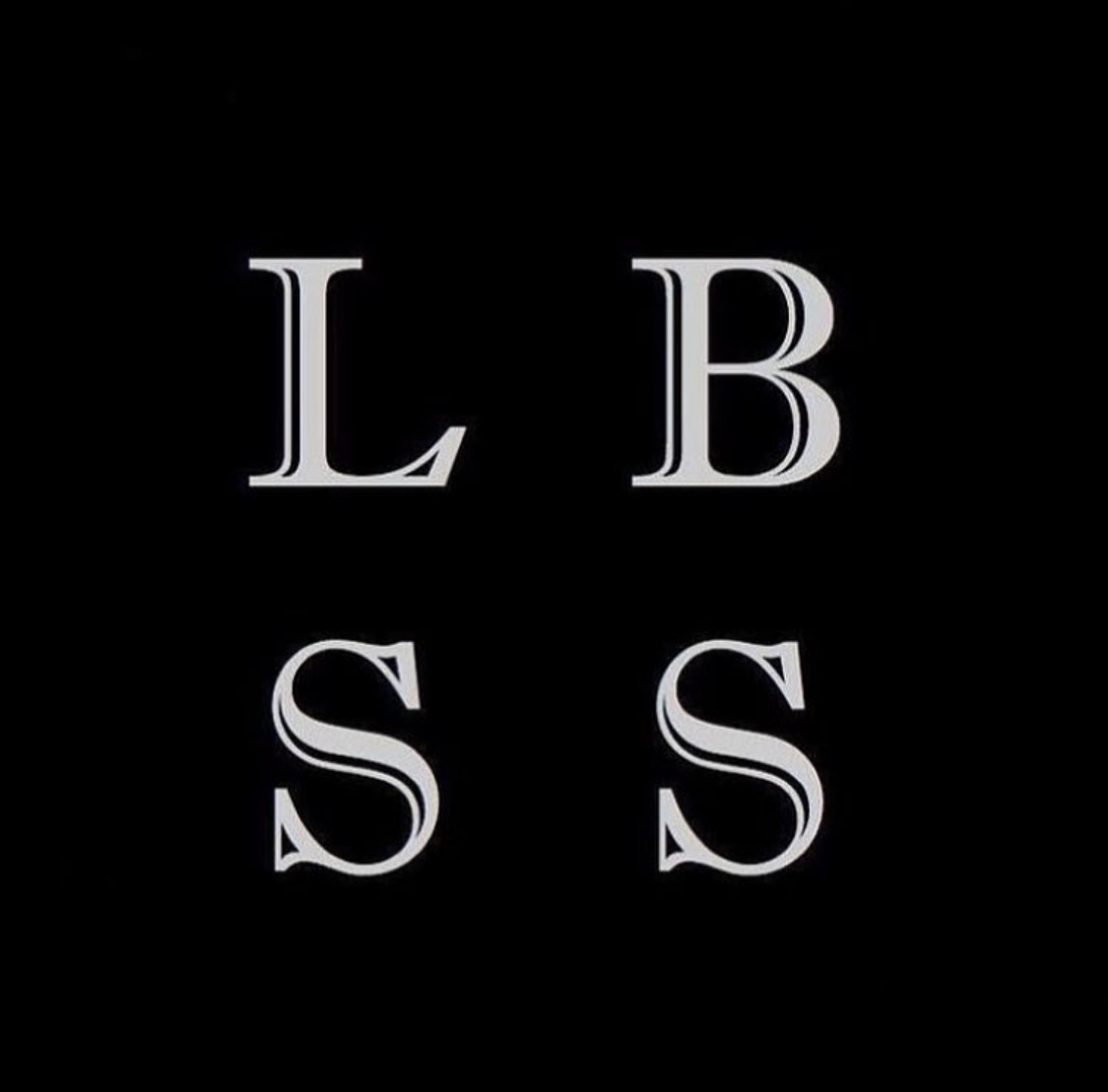“When your own initials are enough.”
So recited a bold Bottega Veneta’s advertising campaign of the 70s, inviting its clients to customize with their names’ initials its logo less, yet perfectly recognizable bags. A celebration of individualism in its purest form and a quintessence of a new standard of luxury, of which the brand is spokesman: silent but strong, discrete but distinguishable.
After all, there is no need for a huge logo, that flaunts to the world your social status, for a fashion house which ultimately aims at amplifying the individuality and inner strength of its refined, self-aware customers.
But let me take a step back, where does the history of a global brand able of redefining the very concept of luxury start? Well, in a “bottega”, and guess what, a Venitian one.
In 1966, Michele Taddei and Renzo Zengiaro co-found a high-end leather goods workshop in Vicenza and choose the name “Bottega Veneta” to remark its exceptional artisanal nature. The Intrecciato, a manual technique which consists in weaving leather pieces in a strict diagonal scheme, soon becomes the powerful signature of the brand. In 1998, the first women RTW collection is presented and just three years later, in 2001, the brand is acquired by the PPR group (Kering today), which would foster its transformation into a global lifestyle brand.
Tomas Maier joins as creative director in the same year. Extremely faithful to the essence of the brand, Maier will decline his conception of silent luxury into various categories, from eyewear to interior. When Daniel Lee takes over in 2018, the Intrecciato assumes a novel, fresh identity, and a tempestive hype is generated around it. With the recent appointment of Mathieu Blazy as new creative director in November 2021, Bottega Veneta is currently undergoing its latest, and yet undiscovered phase.
Although it is still quite early to define its new direction, what is certain is that Bottega Veneta’s worldwide ascent is rooted in its strong legacy, which has been nurtured by the creative ideas of talented individuals, able of reinterpreting its DNA in a contemporary, relevant perspective.
